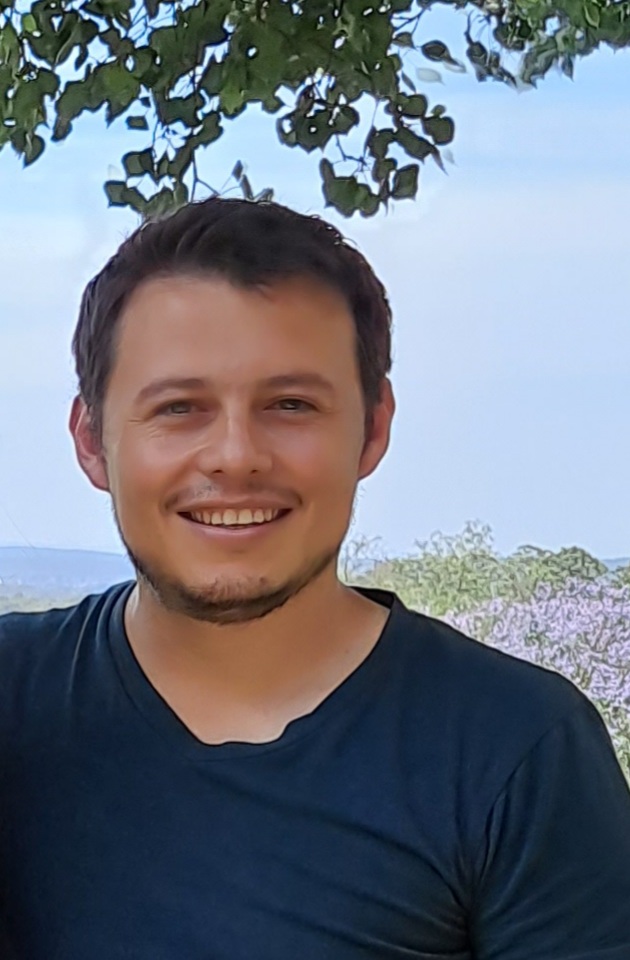
Keywords
Fields of Research (FoR)
Biomedical EngineeringBiography
Dr. Ulises A. Aregueta Robles is an early career researcher working at the Graduate School of Biomedical Engineering. Majored in Biomedical Engineering, with a Masters in Biotechnology and a Ph.D. in Biomedical Engineering, Ulises is passionate about integrating multidisciplinary research areas for engineering advanced materials such as hydrogel cell carriers, conductive hydrogel electrode coatings, and tissue organoids. The hydrogel cell...view more
Dr. Ulises A. Aregueta Robles is an early career researcher working at the Graduate School of Biomedical Engineering. Majored in Biomedical Engineering, with a Masters in Biotechnology and a Ph.D. in Biomedical Engineering, Ulises is passionate about integrating multidisciplinary research areas for engineering advanced materials such as hydrogel cell carriers, conductive hydrogel electrode coatings, and tissue organoids. The hydrogel cell carrier technology ultimately aims to develop biological neural networks as an approach to address nerve tissue related diseases. During his career, Ulises developed a hydrogel material that enabled the encapsulation of neural cell progenitors and their development into functional neuronal networks. His research work also entails designing smart electrode coatings based on conductive hydrogel technologies to enhance the electrical and biological performance of neural prosthetic devices such as cochlear implants and deep brain stimulators. The integration of hydrogel cell carriers and conductive hydrogel electrode coatings are a potential approach to address limitations with state-of-the-art neural prosthetic implants. Ulises is now exploring avenues to engineer hydrogel materials as 3D tissue supporting structures for the development of organoids, which can ultimately serve as a more representative testing platform for neural interfacing technologies.